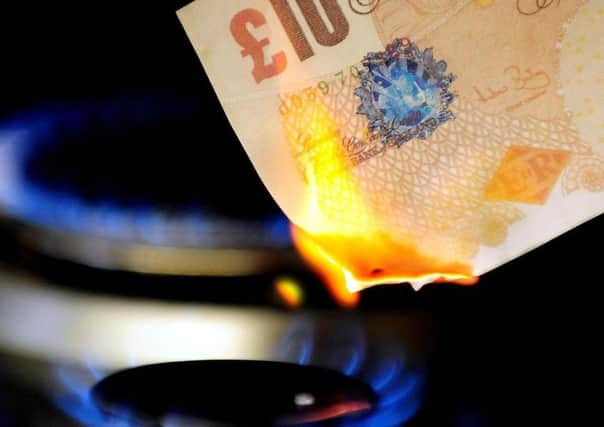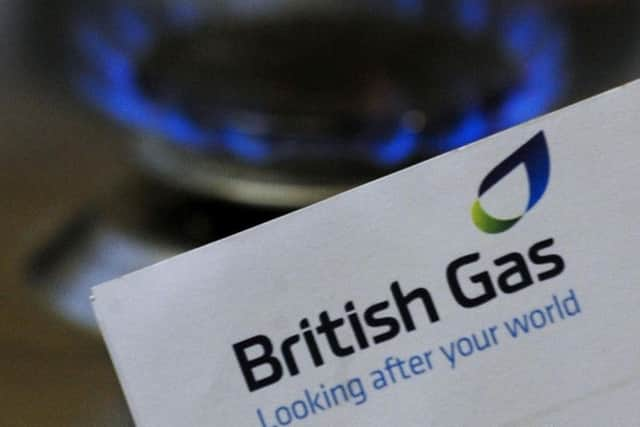Why British Gas is under fire for hike in pre-pay meter charges – Tom Hinchcliffe


The lack of empathy for those living in poverty, coupled with a lack of understanding for what austerity has done to this country, sets up a dangerous scenario in which those at the top are able to exploit those at the bottom with barely, if any, consequences.
This comes down to the fact that, with a lack of worker representation in the boardroom, the chief executives don’t know what it’s like not to have a spare fiver for your fuel.
Advertisement
Hide AdAdvertisement
Hide Ad

But that is simply what the unregulated market breeds – a race to the bottom where public services are forced to compete with one another, meaning the shareholders, not the people, come first.
With this move almost certain to affect thousands of working families in Yorkshire, particularly in areas such as Doncaster Central where 34 per cent of children are living in poverty, it’s an issue that will have to be met with a large-scale grassroots campaign if it is to succeed against a lack of political will to stop it.
British Gas has suggested that ‘this change has been made due to increasing transaction costs’ and is now acting in line with many of its competitors. Not only should competition not be involved in any form of public services, transaction charges could be offset by a publicly-owned utilities firm.
Advertisement
Hide AdAdvertisement
Hide AdThe private firms controlling much of our basic materials, such as gas, water and electricity, in this country are now defending what has always been indefensible since Margaret Thatcher sold off the utilities in the late 1980s.
Nobody should have to choose between heating or eating, and it shames us all that a lot of the people having to make this choice are actually in work. But being bogged down by shockingly low wages, the rising cost of rent going unchallenged, and an abundance of insecure zero-hours contracts makes what was once our dystopian nightmare a reality.
But there’s only more to come. This month Boris Johnson secured a Commons majority which means that he boasts more control over a party of government since Tony Blair and New Labour. The deregulation of workers’ rights and environmental standards will only add to the cataclysmic shift in Britain’s economic policy, as we begin to look more like the United States than we do our European partners.
The fact that ‘everybody else is doing it, so we can too’ is absolutely the irresponsible and wrong attitude to take, but it will be taken and used by private firms time and time again in the interests of their profits – just as British Gas has done here.
Advertisement
Hide AdAdvertisement
Hide AdHistoric Tory privatisation of our public services is about to go further under Boris Johnson’s premiership – to the detriment of the most vulnerable in our society, our economy and our planet. Fuel poverty is a direct result of energy and water being treated as a commodity to buy, rather than a right to be given.
It is now Labour’s job to become an effective opposition and hold the Tories to account – arguing the case for surplus funds to go back into communities and into our energy sector rather than into the pockets of those at the top.
Being so out of touch with the poorest families is either a crisis fuelled by ignorance or a crisis fuelled by apathy, but the fact that these decisions lie at the feet of the people in the boardroom, rather than those elected to government sets Britain on a dangerous journey towards a deregulated dystopia where, now more than ever, profit is put before the needs of its people.
Tom Hinchcliffe is a Labour campaigner in Leeds.